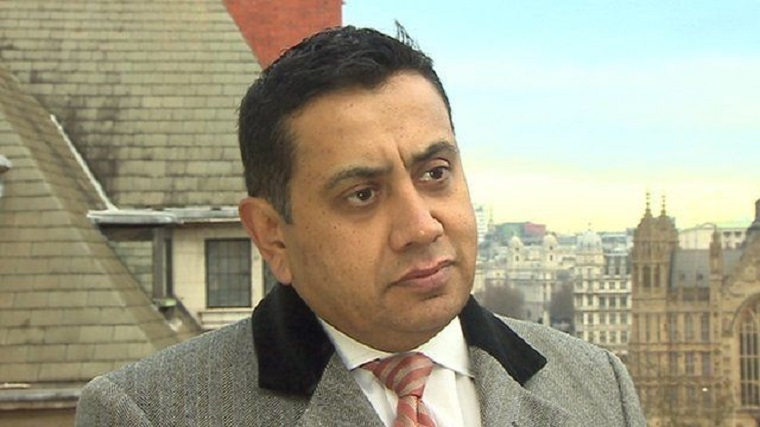Lord Hannan of Kingsclere: My Lords, I was impressed by my noble friend the Minister’s response to the noble Lord, Lord Oates. Sanctions must be a scalpel, not than a sledgehammer, but I wonder whether he has made any assessment of the attitude of the Government of South Africa. Any sanctions regime in Zimbabwe depends on the collaboration of that Commonwealth state, and so far the ANC Government have been conspicuous in their opposition to any sanctions, even against the worst kleptocrats in ZANU-PF. Is this just regional solidarity, or is there a danger that they would like to do something similar at home if they thought they could get away with it?
Lord Ahmad of Wimbledon: My Lords, I often say about sanctions that I will not speculate about what we are going to do; I will not speculate on the intention of another Government. We have a strong relationship. We do not agree with South Africa on everything we do or it does, but I recently met with the Foreign Minister of South Africa and we had a very productive and candid exchange.
Lord Alton of Liverpool: My Lords, I thank the Minister for what he said about the importance of targeted rather than indiscriminate sanctions, and support what the noble Lord, Lord Bellingham, said to him. I will ask the Minister two things. First, is it not important that when we place sanctions on individuals, we do so with our allies? Given what the United States did on Monday in the context of Zimbabwe, and the identification of things such as diamonds and gold, how satisfied are we that they are not flowing through British markets and sources? Secondly, will he look again at the opaque way in which Magnitsky sanctions are imposed? Parliament has no oversight of that process. Does he not think that there should be some ability by parliamentarians, at least in camera in the Intelligence and Security Committee, to understand why some people are sanctioned and others are not, and why some countries are in the headlights and others are not?
Lord Ahmad of Wimbledon: My Lords, on the noble Lord’s final point, as I said, the global human rights sanctions regime was introduced in 2019. It allows for regular reviews. We debate particular Toggle showing location ofColumn 1650sanctions as they are imposed on individuals or entities. I will certainly reflect on what he suggests; it is a practical suggestion. On working with partners, I have said consistently that the best sanctions come when we work together and are aligned. We continue to review what we may do next in the light of what others are doing.
Lord Howell of Guildford: My Lords, I think the State Department described its latest move in relation to sanctions as fine-tuning, aimed at easing the situation for the majority of the Zimbabwean people but hitting harder at the corrupt leaders. On this occasion, did it engage in talks with us on these measures? Everyone agrees that Zimbabwe is a long way from trying to join the Commonwealth again, although, as the Minister knows, it has been pressing very hard. Will he generally accept that the desire of a number of countries in Africa to join the Commonwealth—two did recently, and three more are on the list—is good for Africa in the future, for our influence, and for the general development of greater peace and development on the African continent?
Lord Ahmad of Wimbledon: My Lords, on my noble friend’s first point, I assure him that we are finely tuned and attuned with our colleagues across the pond. They shared their intent in advance. On his second point, only this morning I had an early-morning phone call with the Prime Minister and Foreign Minister of Samoa, and the Foreign Minister of Rwanda—the current chair; the former chair, the United Kingdom; and, of course, the host of CHOGM. That shows the importance of the Commonwealth family. When countries join the Commonwealth it is a great testament as to how they aspire to the future. This is not a legacy or colonial issue; it is about the future of how countries work together. My noble friend knows my view that we need to strengthen the Commonwealth advantage in the years ahead.
(380 VIEWS)


